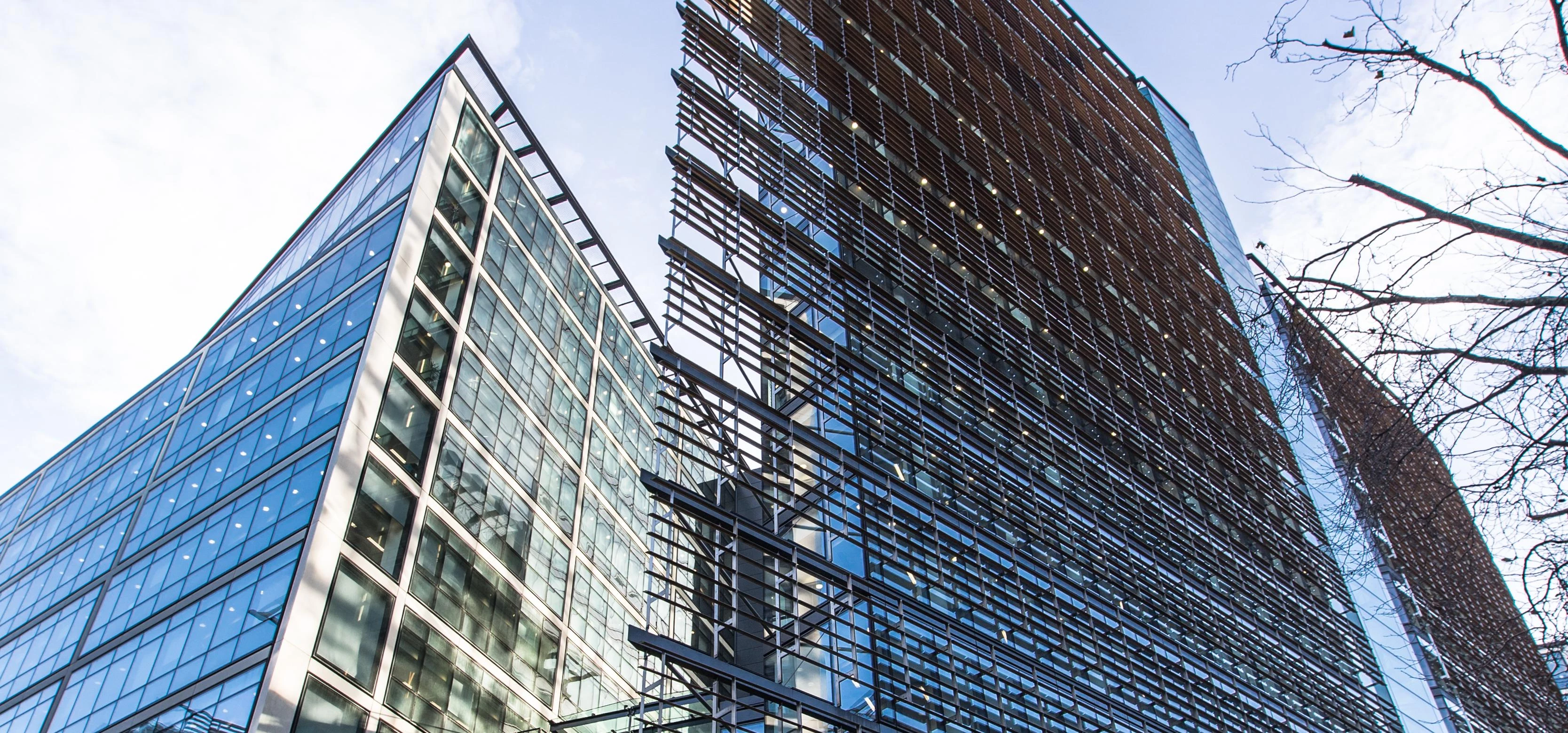
Partner Article
Why building knowledge hinders innovation
Building knowledge, if managed incorrectly, can hinder innovation, according to new research from HEC Paris business school.
PhD student Pier Vittorio Mannucci, demonstrated that the trend amongst professionals for developing specialised knowledge can become a detriment to their ability to be creative over the course of their careers, negatively impacting their organisations.
His study examined the ebb and flow of creativity over a 35-year period in Hollywood animation studios such as Pixar, Disney, and DreamWorks, analysing the awards of a selection of core members of creative teams to determine individual creativity.
He found that a focus on building specialist knowledge early on in a career can help foster innovation over a four to five year period. However, beyond this, specialism can cause individuals to become increasingly inflexible.
Mannucci identified two different types of knowledge-building which, when employed concurrently, can enhance creativity across different stages of an individual’s career; specialised knowledge – building skills and abilities in one particular area, and diverse knowledge – building skills and know-how in other areas of the company, or in another discipline altogether.
By allowing employees to diversify and broaden their focus to other interests, Mannucci says managers can avoid over-specialisation in their staff, and keep perspectives fresh.
Mannucci says: “There are dangers that arise after around 10 years when over-specialisation can occur. The more the employee knows about something, the more it becomes the only thing they see. By realigning the focus to areas outside of the field, managers can promote agility of the mind and fresh perspective, which will translate as renewed creativity.“
He concludes that creativity over a long career is dependent on an ever-evolving balance of specialised and diverse knowledge-building. Managers should support specialisation throughout an individual’s early career, yet new stimulation is needed later on to enhance creativity. Offering new methods of output, further education is the most successful means of achieving this.
Mannucci adds: “Is it any coincidence that much HR research suggests that employees are most likely to leave after about 10 years’ service? This is because a lack of diversifying knowledge leads to reduced creativity, making work dull – and resulting in a loss of valuable human capital. This is a huge risk for businesses that are relying on individual creativity to stay ahead of the curve in business.“
This was posted in Bdaily's Members' News section by HEC Paris .








 £100,000 milestone drives forward STEM work
£100,000 milestone drives forward STEM work
 Restoring confidence for the economic road ahead
Restoring confidence for the economic road ahead
 Ready to scale? Buy-and-build offers opportunity
Ready to scale? Buy-and-build offers opportunity
 When will our regional economy grow?
When will our regional economy grow?
 Creating a thriving North East construction sector
Creating a thriving North East construction sector
 Why investors are still backing the North East
Why investors are still backing the North East
 Time to stop risking Britain’s family businesses
Time to stop risking Britain’s family businesses
 A year of growth, collaboration and impact
A year of growth, collaboration and impact
 2000 reasons for North East business positivity
2000 reasons for North East business positivity
 How to make your growth strategy deliver in 2026
How to make your growth strategy deliver in 2026
 Powering a new wave of regional screen indies
Powering a new wave of regional screen indies
 A new year and a new outlook for property scene
A new year and a new outlook for property scene